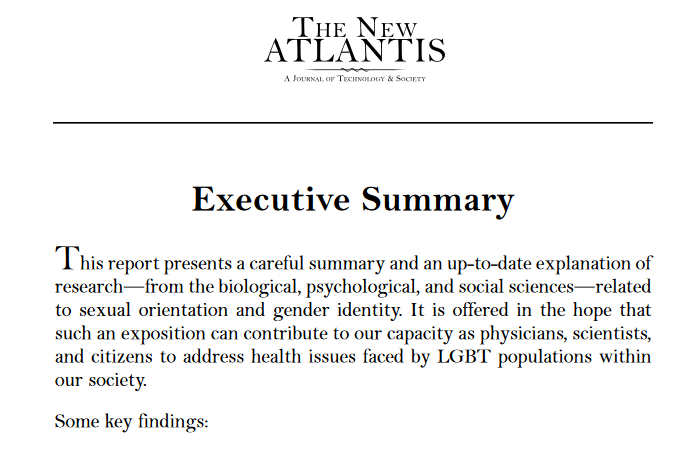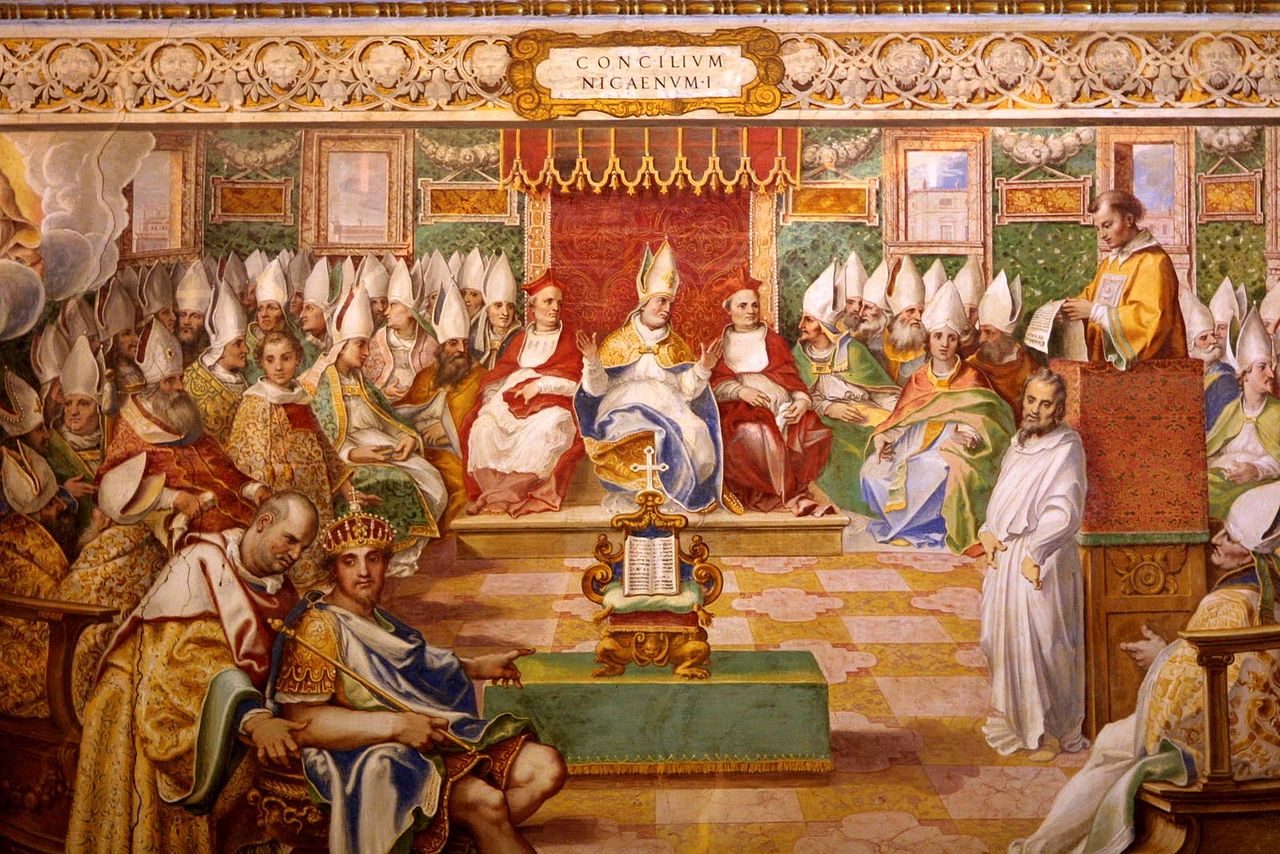A new study in the United States says that homosexuals are not ‘Born that Way’ as sexual orientation as an innate, biologically fixed property of human beings—the idea that people are “born that way”—is not supported by scientific evidence.
The 144-page study is written by Dr. Lawrence Mayer from the Department of Psychiatry at Johns Hopkins School of Medicine and Dr. Paul R. McHugh who is a renowned psychiatrist and former chief of psychiatry at Johns Hopkins Hospital.
Link to the Executive Summary of the Study

![]() Homosexual Study New Atlantis Executive Summary
Homosexual Study New Atlantis Executive Summary
Excerpts:
Part One: Sexual Orientation
- The understanding of sexual orientation as an innate, biologically fixed property of human beings—the idea that people are “born that way”—is not supported by scientific evidence.
- While there is evidence that biological factors such as genes and hormones are associated with sexual behaviors and attractions, there are no compelling causal biological explanations for human sexual orientation. While minor differences in the brain structures and brain activity between homosexual and heterosexual individuals have been identified by researchers, such neurobiological findings do not demonstrate whether these differences are innate or are the result of environmental and psychological factors.
Continue reading “Claim that Homosexuals are “Born that Way” not Supported by Scientific Evidence”

 The Council of Nicea (AD 325)
The Council of Nicea (AD 325)